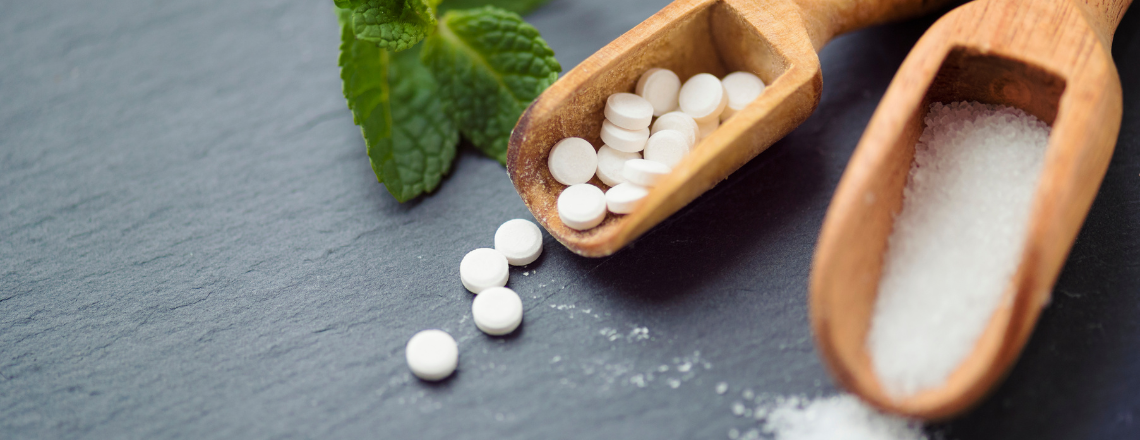Dental caries, or tooth decay, is one of the most common diseases in the U.S. In fact, tooth decay is the most common chronic disease in children and adolescents, and 90% of adults also have some degree of tooth decay. Tooth decay is both preventable and treatable, and there are new products, including Xylitol, that can help to reduce the risk of tooth decay.
What is Xylitol?
Xylitol is a natural sugar substitute found in the fibrous parts of xylitol plants. It is a white crystalline material that looks and tastes like table sugar. It’s been suggested that chewing gum containing xylitol can help to reduce the chance of tooth decay.
The main benefit of chewing gum with xylitol is that it blocks the production of decay-causing acid on the teeth. The bacteria that accumulates on your teeth can’t use the xylitol to break it down into acid because xylitol is not pure sugar.
In general, chewing sugarless gum can be a benefit to your teeth by increasing saliva flow in your mouth. The saliva helps to keep pH levels high, which means there will be less acid in your mouth to lead to tooth decay.
Remember that anything with regular sugar or carbohydrates is known to promote tooth decay, so having an option for a sugar substitute is very beneficial. Overall, the dental community is promoting the use of xylitol to prevent dental decay.
What Products Contain Xylitol?
Xylitol can be found in products like chewing gum, candies and mints. Xylitol will only be a benefit to preventing tooth decay if it is listed as the first ingredient. You can also purchase xylitol in raw form to use as a sugar substitute in everyday cooking and baking.

